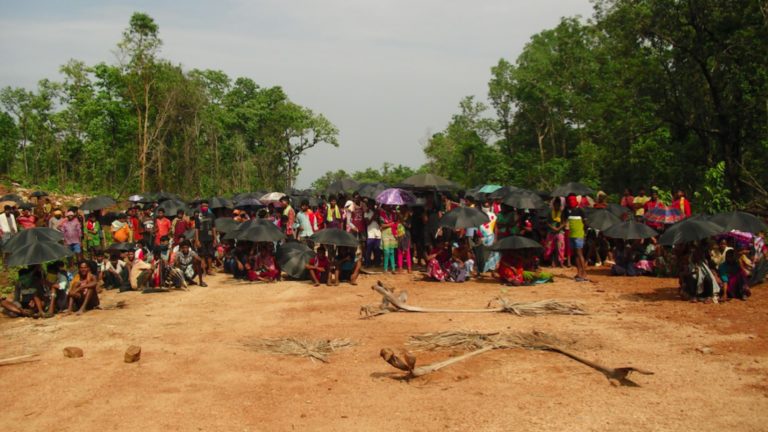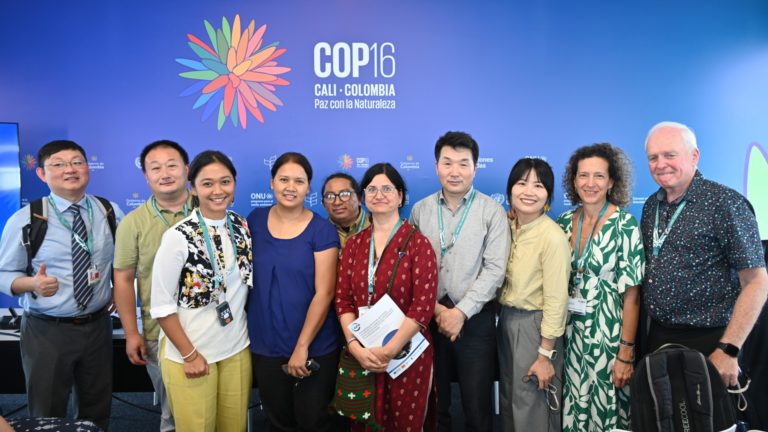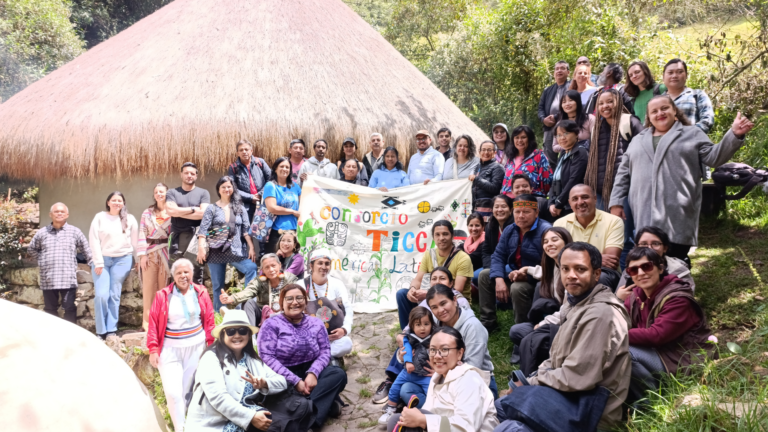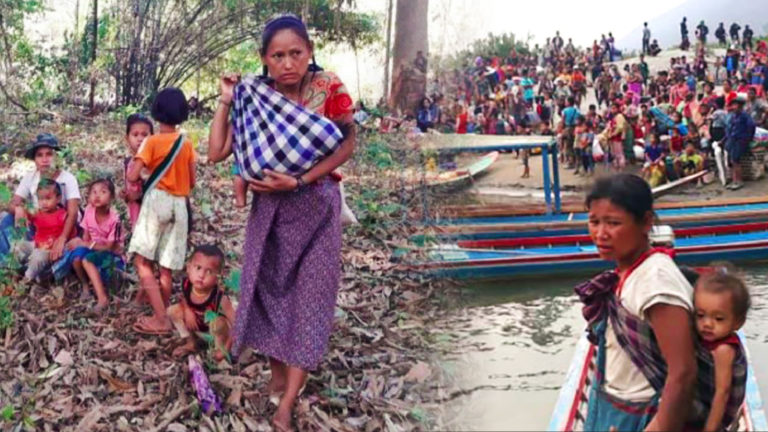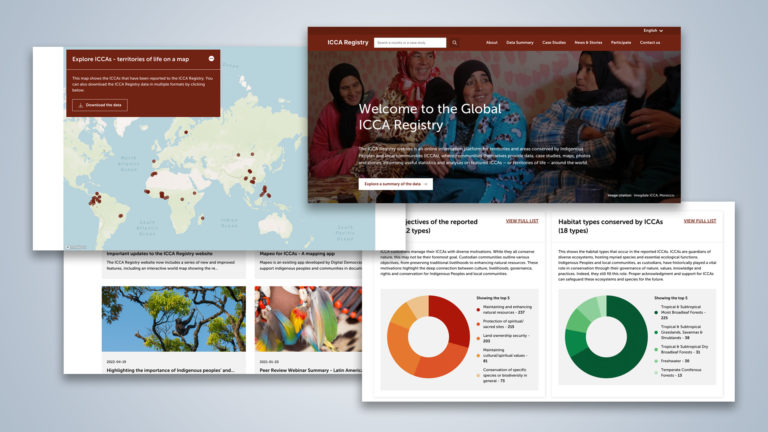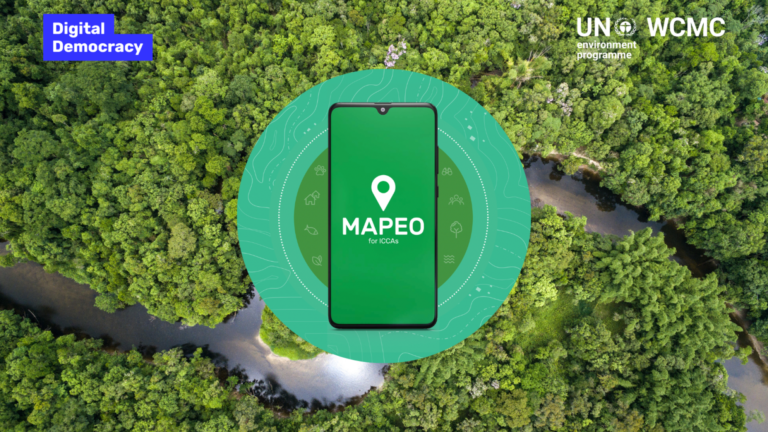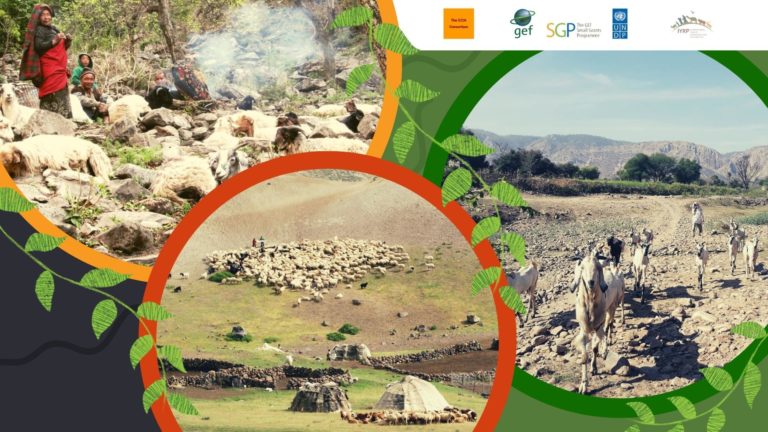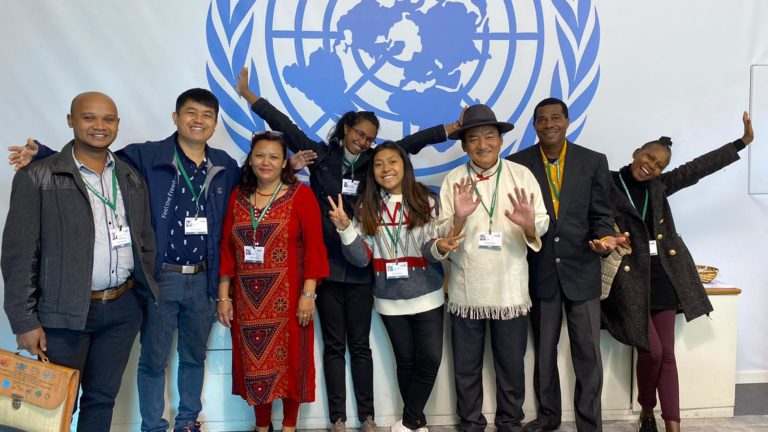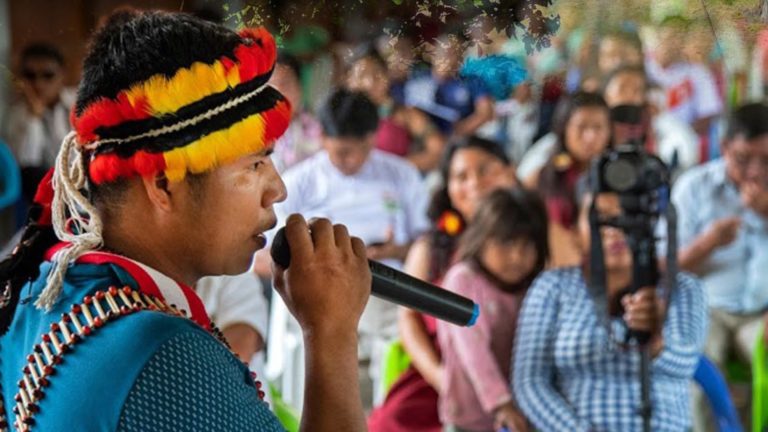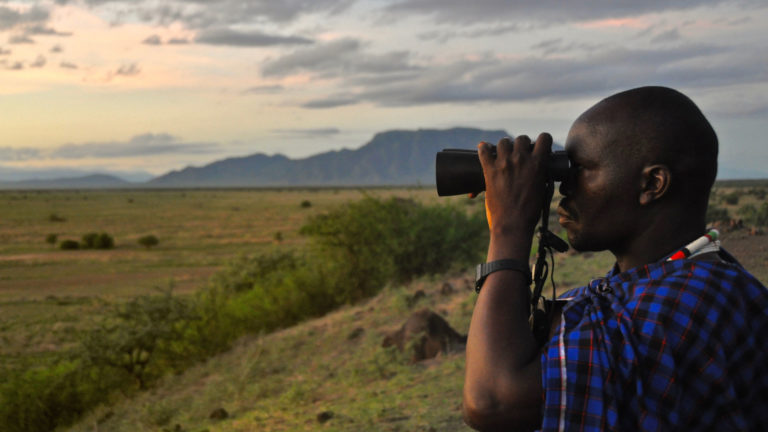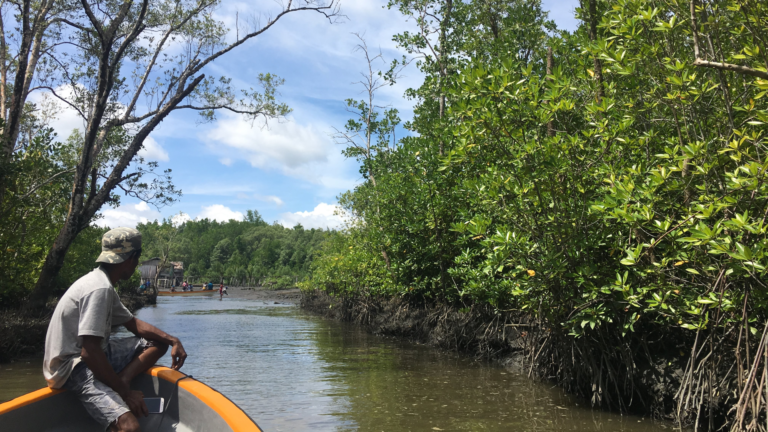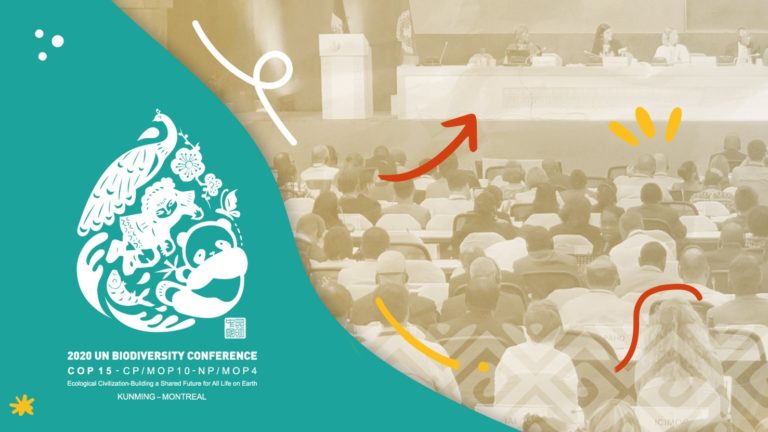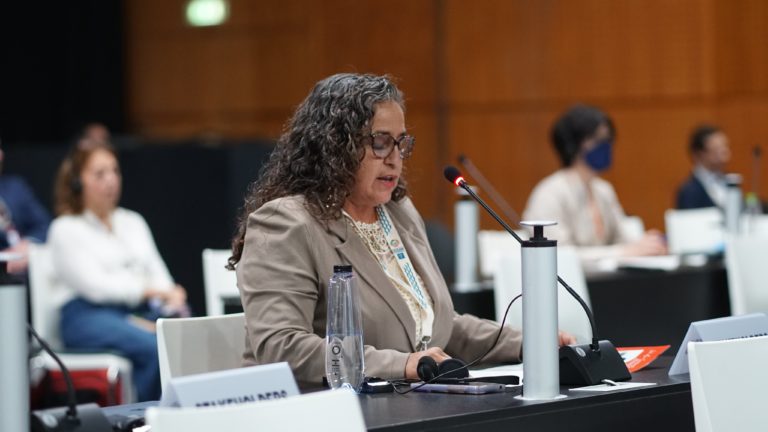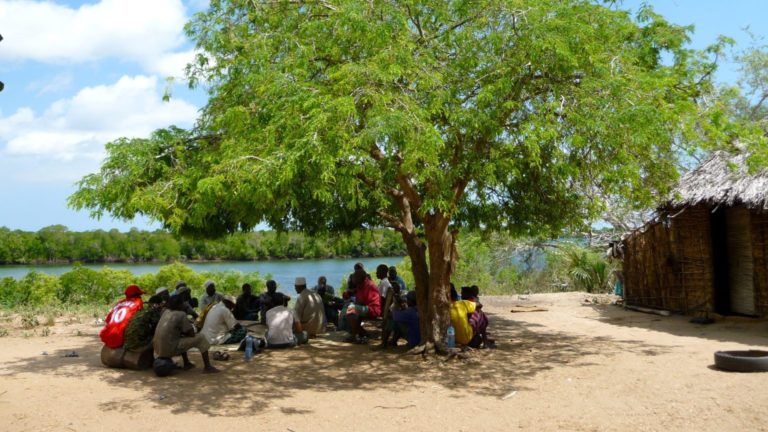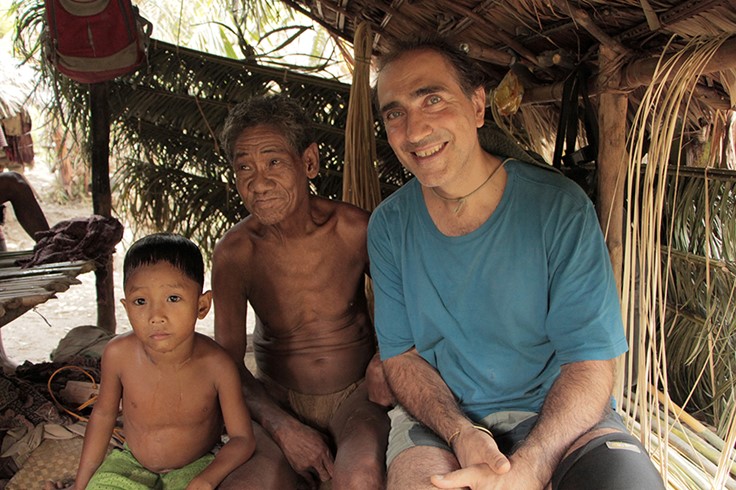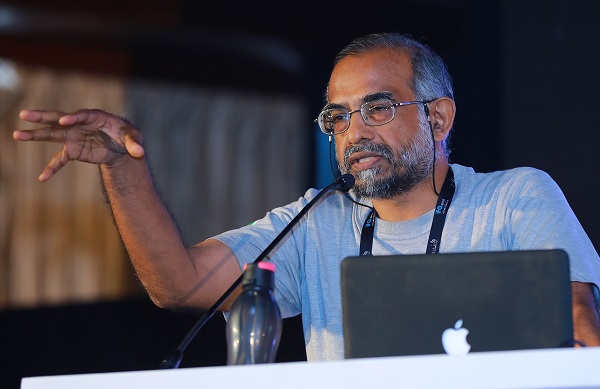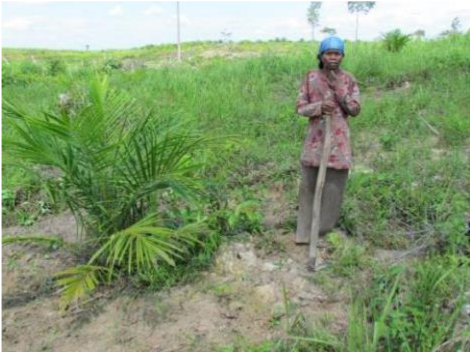Protection for Bastar Adivasi communities against state violence in India: global solidarity demands urgent actions
The Adivasis of Bastar are the custodians of their bio-diverse forests in the Chhattisgarh state of India, and their traditional knowledge and cultural heritage have sustained the region’s ecology for generations. Read more ▸
The Consortium’s new book on territories of life
Comments of the recently published volume “Territories of life: Exploring vitality of governance for conserved and protected areas”. Read more ▸
Exploring Voluntary Commitments by Non-state Actors in Advancing OECMs: Insights from China and International Perspectives
Event Recap: At this CBD COP16 Side Event on October 25, 2024, speakers shared assessments and case studies and took part in policy dialogues on Other Effective Area-based Conservation Measures (OECMs). Read more ▸
Recap of the ICCA Consortium’s 2024 In-Person Meeting
The discussions and debates in the meeting clarified the Consortium’s path forward, positioning it better to address the challenges faced by Indigenous Peoples and local communities. Read more ▸
Challenges to direct funding access for Indigenous Peoples defending ICCAs amid Unilateral Coercive Measures and armed conflict
The adverse effects of UCMs starkly contradict their purported objectives of promoting human rights and democracy; these measures, which are supposed to uphold these values, undermine them. Read more ▸
Global database on conservation by Indigenous Peoples and local communities opens to the public
The public launch of the ICCA Registry—a global database on conservation by Indigenous Peoples and local communities, marks a significant milestone in accessibility to such crucial information, underlining its international significance. Read more ▸
Mapeo for ICCAs: new app to support Indigenous Peoples and local communities to document and map their territories of life
Digital Democracy, UNEP-WCMC, and Forest Peoples Programme (ICCA Consortium Member) have developed “Mapeo for ICCAs,” a mapping app designed with and for communities to enable custodians to map, monitor and support their territories of life on their terms. Read more ▸
Recap of “Rangelands and pastoralism: towards a global initiative for pastoralists’ territories of life” workshop
A future global initiative hosted by the ICCA Consortium must critically address the realization of pastoral communities’ collective rights to their territories and relevant common resources. Read more ▸
Direct biodiversity financing to Indigenous Peoples and local communities should be a priority
Opinion: All donors—governments and private charities—should remove procedural barriers against direct funding to Indigenous People and local community organizations. Read more ▸
The Journey to COP15
Learn more about our engagement in the official post-2020 process through the updates below, starting with the most recent. Read more ▸
What are we advocating for in the post-2020 global biodiversity framework?
The ICCA Consortium has advocated for several critical issues in the post-2020 global biodiversity framework. Learn more about these issues through reports, resources, blogs, and news from our membership and allies worldwide. Read more ▸
Perspectives and experiences of Indigenous Peoples, local communities and their organizations and allies in the global movement for territories of life
Learn more about the diverse perspectives and experiences of Indigenous Peoples and local communities, as well as their supporting organizations and allies, on key issues concerning their territories of life and in the context of the post-2020 global biodiversity framework. Read more ▸
The evidence base for a human rights-based global biodiversity framework
Territories of Life: 2021 Report shows the undeniable role of Indigenous Peoples and local communities in ensuring a healthy planet for all and the urgent actions required to support them Read more ▸
Towards the future Global Biodiversity Framework: ICCA Consortium at UN CBD COP15
In the final stretch of UN negotiations of the post-2020 global biodiversity framework, the time is now to recognize Indigenous Peoples and local communities as central to sustaining the diversity of life on Earth. Read more ▸
Recap of 2022 UN Ocean Conference: the power of collective action and community resilience in the face of local-to-global challenges
The 2022 United Nations Ocean Conference was held in Lisbon, Portugal, from June 27 to July 1, 2022. The ICCA Consortium and several Members and community partners from twelve island and coastal countries attended the conference. Together, we highlighted the self-determined priorities of Indigenous and community custodians of island, coastal and marine territories of life, and of artisanal and small-scale fishers, in a conference that was otherwise focused on status quo approaches to ocean conservation and economic priorities. Read more ▸
UNGA Declaration on the Right to a Clean and Healthy Environment and what this could mean for us in Africa
The UNGA Declaration focuses on tackling the three planetary crisis issues: climate change, pollution, and biodiversity loss. This blog by Natural Justice illustrates how the Declaration recognizes that these threats are interlinked and need to be collectively resolved to ensure the realization of the right to a clean, sustainable and healthy environment. Read more ▸
The 2021 Elinor Ostrom Award for Practitioners goes to Dr. Dario Novellino, Honorary member of the ICCA Consortium
Dario spent nearly three decades supporting the Indigenous Batak in the Philippines’ island of Palawan. Read more ▸
Can Territories of Life be Cradles of Radical Transformation?
Ashish Kothari, Member of the Council of Elders, active with Kalpavriksh and Vikalp Sangam in India, puts the Territories of Life as key participants in the fundamental transformation towards justice and sustainability the planet is in dire need of. Read more ▸
Oil palm debate – tackling four “myths”
By: Dr. Denis Ruysschaert, Vice-president SWISSAID Genève, and researcher associate at Biose Department, University Liège Debates are passionate around oil palm. On one side, pro… Read more “Oil palm debate – tackling four “myths”” ▸
A brief introduction to ‘Other Effective Area-based Conservation Measures’
By: Harry Jonas (Natural Justice) and Nigel Dudley (Equilibrium Research), Members of the IUCN WCPA Task Force on OECMs International and state approaches to… Read more “A brief introduction to ‘Other Effective Area-based Conservation Measures’” ▸

